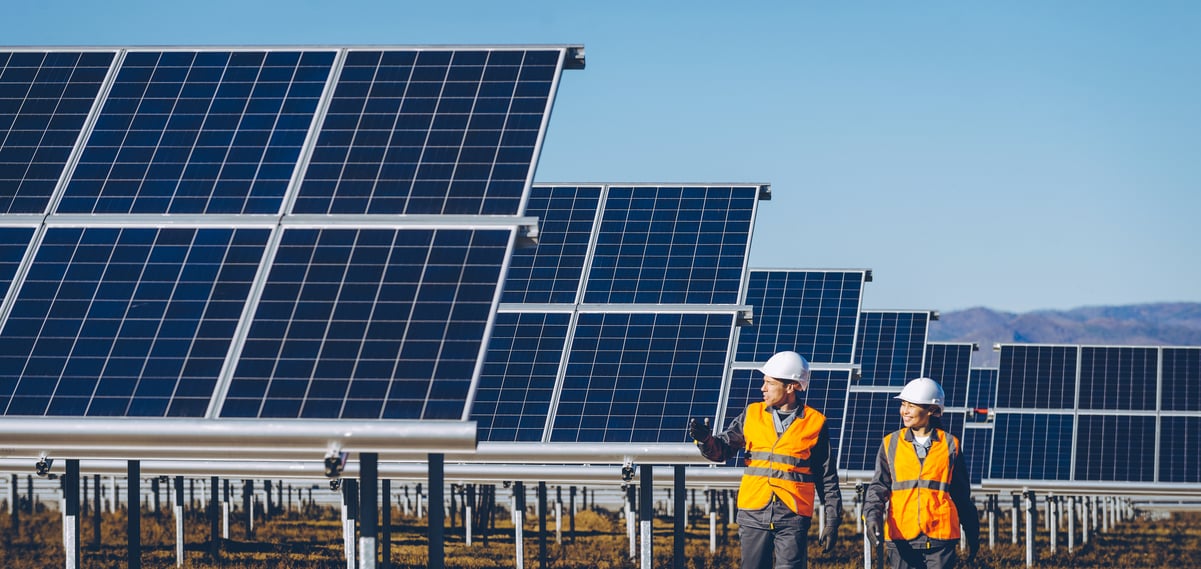First Solar (FSLR +0.04%), the second largest company in the solar panel industry, reported after the bell Tuesday and left Wall Street disappointed. Earnings per share of $0.89 were $0.10 below analysts' consensus. and revenue of $768 million fell short by a massive $208.25 million. Adding insult to injury, First Solar's $3.3 billion in sales for the year missed not just Wall Street's expectation but even its own goal of $3.4 billion to $3.6 billion. And it doesn't get any better: Expected revenue of between $800 million and $900 million for the current quarter falls short of the Street's $905.58 million target.
The problem? The price of solar cells is falling. First Solar's margins have been taking a hit as sales figures have dropped, even while unit sales remain the same or even increase.
Manufacturing processes and efficiencies have improved in recent years, especially as Chinese solar-cell makers have moved into the market. That means lower costs, which are great for consumers -- and, in the long run, for the viability of solar as an alternative power source -- but getting to the point where First Solar can be profitable and grow its business while offering a reasonable price to consumers could take some time. Shareholders could be in for a rough ride until then.
If shareholders want to consider an alternative in the meantime, there's Solar City (SCTY +0.00%). Since it doesn't manufacture its own solar panels, Solar City doesn't have to deal with First Solar's pricing and margin issues. It designs, installs, and sells or leases residential and commercial panel systems. The bulk of its business comes from the leasing side, in which Solar City will generally sets up the system for free in exchange for a 20-year contract. The system can be removed or a new lease signed at the end of the term.
Solar City is unprofitable right now, and its business model is cash-heavy on the front end. But the revenue stream from a typical lease agreement will provide capital and profits for the business starting a few years after an installation is done, and as the business grows, it could become wildly profitable and sport healthy margins. It's true that the stock has risen 351% over the past 52 weeks, but I don't think that should scare anyone away, considering the company is still valued at just $6.75 billion and the solar industry has seen installations grow 670% from 2010 to 2012. That figure which will probably only continue to rise as the price of panels continues to drop.
In short, this is not a business for someone with a short-term investing horizon, but the rewards could be generous for those who stick around.
Foolish thoughts
There are no guarantees in investing. In the case of First Solar, the price of solar cells could stabilize tomorrow and the business could begin growing sales and profits shortly afterward, making an investment in the company today the smart move. But if panel prices keep falling, moving into a company like Solar City and limiting the potential downside risk looks to be the best option.






